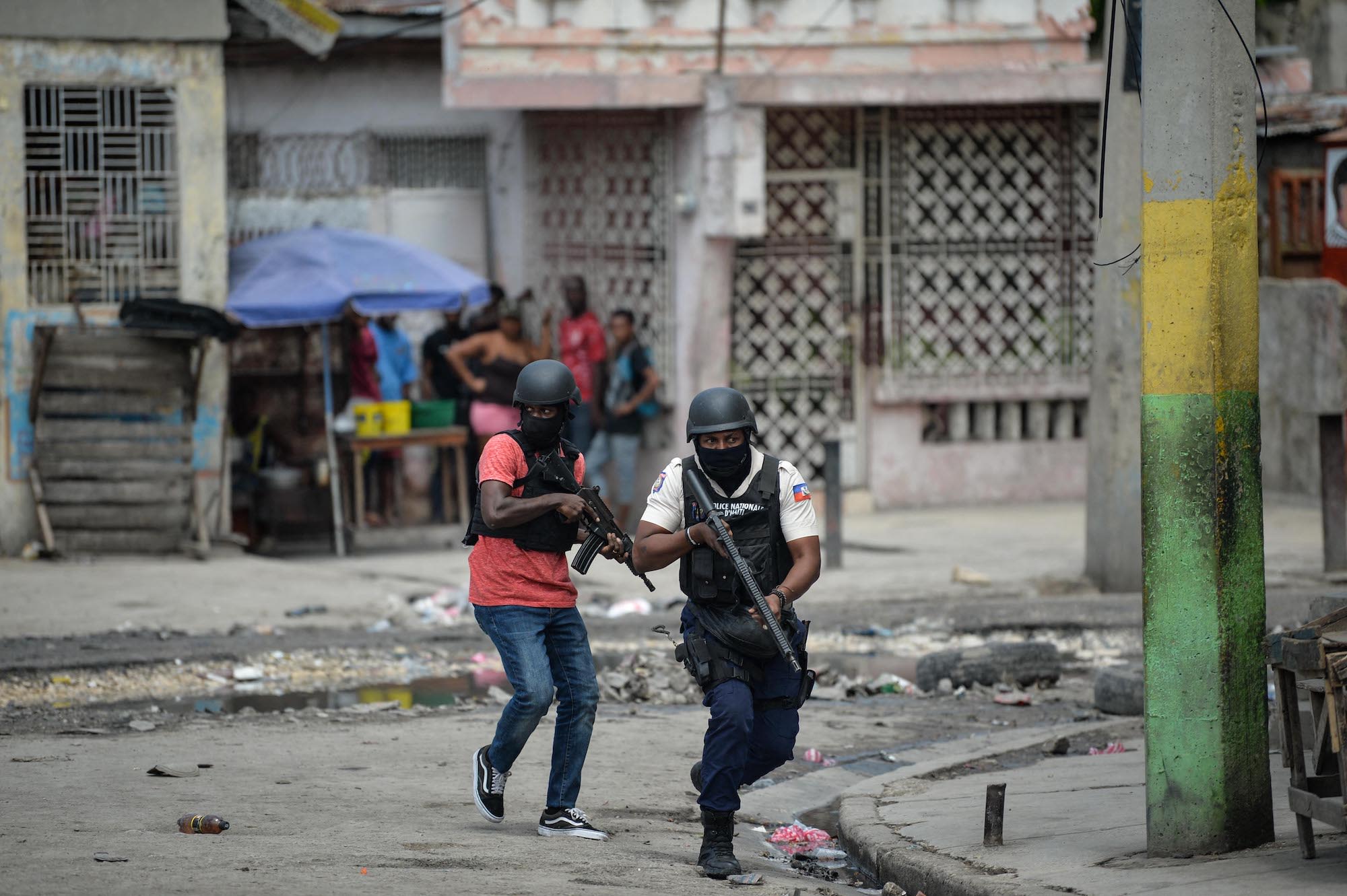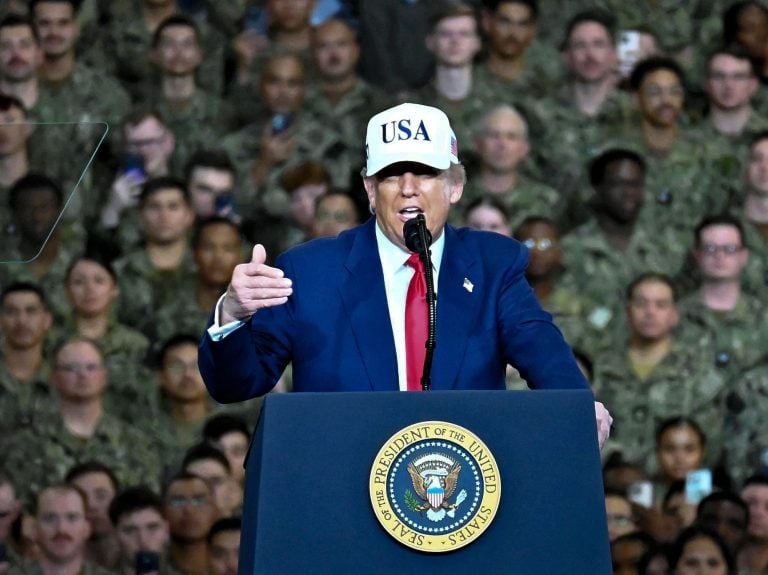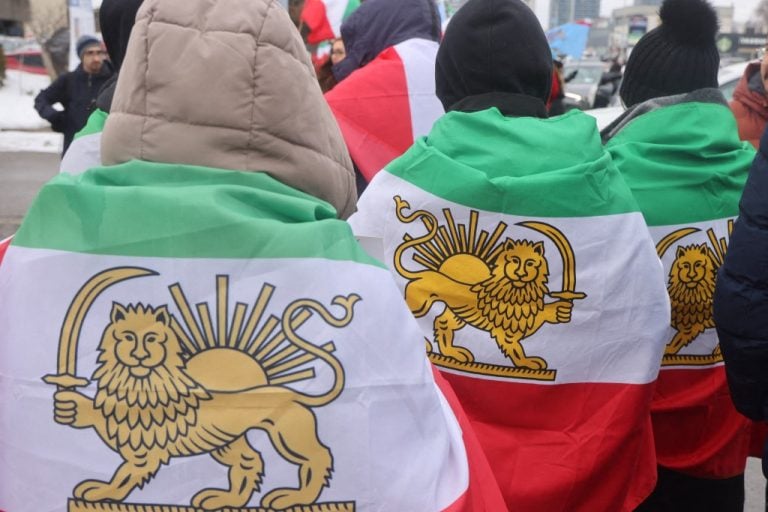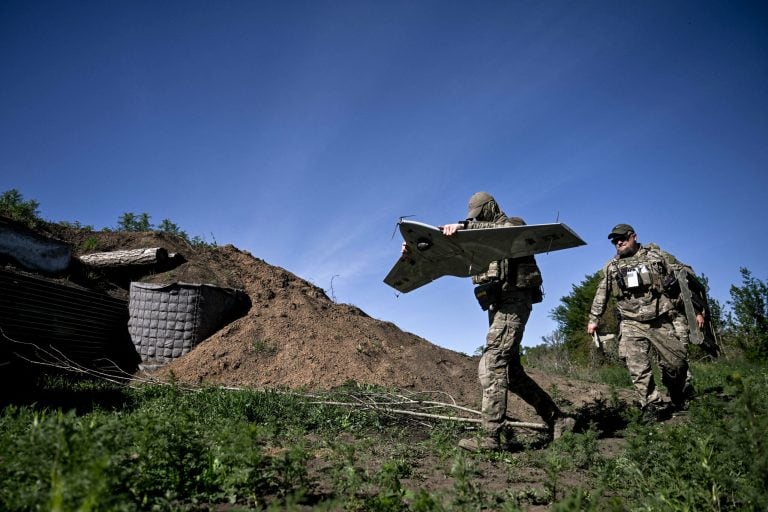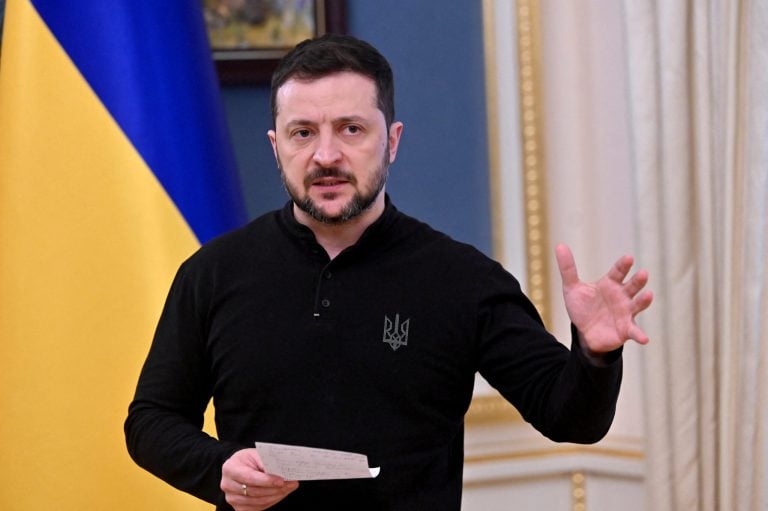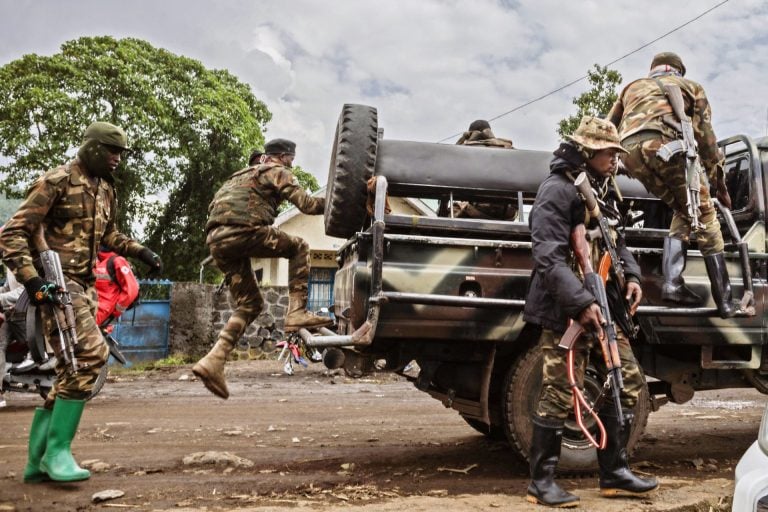The United Nations Security Council has approved a significant resolution aimed at revamping the current UN-backed security arrangement in Haiti, transitioning it into a more robust, military-oriented force to address escalating gang violence in the region. The newly authorized force will comprise up to 5,500 personnel, integrating both police and military components, a marked increase from the existing law enforcement-focused mission.
U.S. Ambassador to the UN, Mike Waltz, emphasized the importance of this decision, which saw support from 12 council members, labeling it a critical step in increasing international involvement in Haiti’s security challenges. He cited the alarming growth of gangs that have engaged in widespread violence against the Haitian populace, adding that the resolution instills a renewed sense of hope in a country besieged by turmoil.
This transformation comes as the Multinational Security Mission (MSS), which currently deploys around 1,000 police officers—mainly from Kenya—has proven inadequate in curbing rampant gang activities. The MSS was initially approved in 2023 but has faced challenges in effectively supporting the Haitian police.
Haiti’s UN Ambassador, Ericq Pierre, described this resolution as a pivotal moment in the nation’s struggle against entrenched criminal networks that threaten both local and regional stability. He noted that many gangs have evolved from disorganized groups of criminals into powerful entities that defy state authority.
Laurent Saint-Cyr, Chair of Haiti’s Transitional Presidential Council, expressed his backing for the enhanced mission proposed by the United States and Panama. He urged that the Council’s support is critical for restoring peace in a nation overshadowed by relentless gang aggression. Panama’s UN Ambassador Eloy Alfaro de Alba echoed this sentiment, advocating for a force capable of delivering stability amidst Haiti’s dire circumstances.
Kenya’s President William Ruto highlighted that with adequate resources and logistics, peace could be restored in Haiti. Supporting logistics and financial aid for the mission will be managed by a new support office within the UN, a suggestion previously made by Secretary-General Antonio Guterres.
However, concerns over the approach taken to combat gang violence surfaced, particularly from China and Russia, both of which abstained during the vote. China’s UN Ambassador Fu Cong raised doubts about the effectiveness of military intervention without a corresponding political framework in place. He highlighted the lack of clarity regarding engagement rules and force composition in the resolution.
Haiti, the poorest nation in the Americas, continues to grapple with violence perpetrated by gangs engaged in murder, sexual assault, looting, and kidnappings, all against a backdrop of chronic political instability. Since early 2024, the political crisis deepened when gangs forced the resignation of then-Prime Minister Ariel Henry. The country has since operated under a Transitional Presidential Council, having not held elections since 2016.
